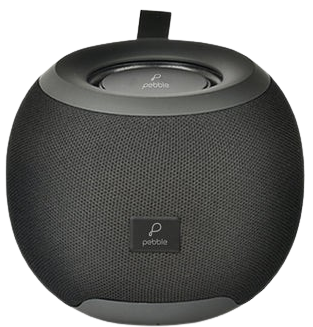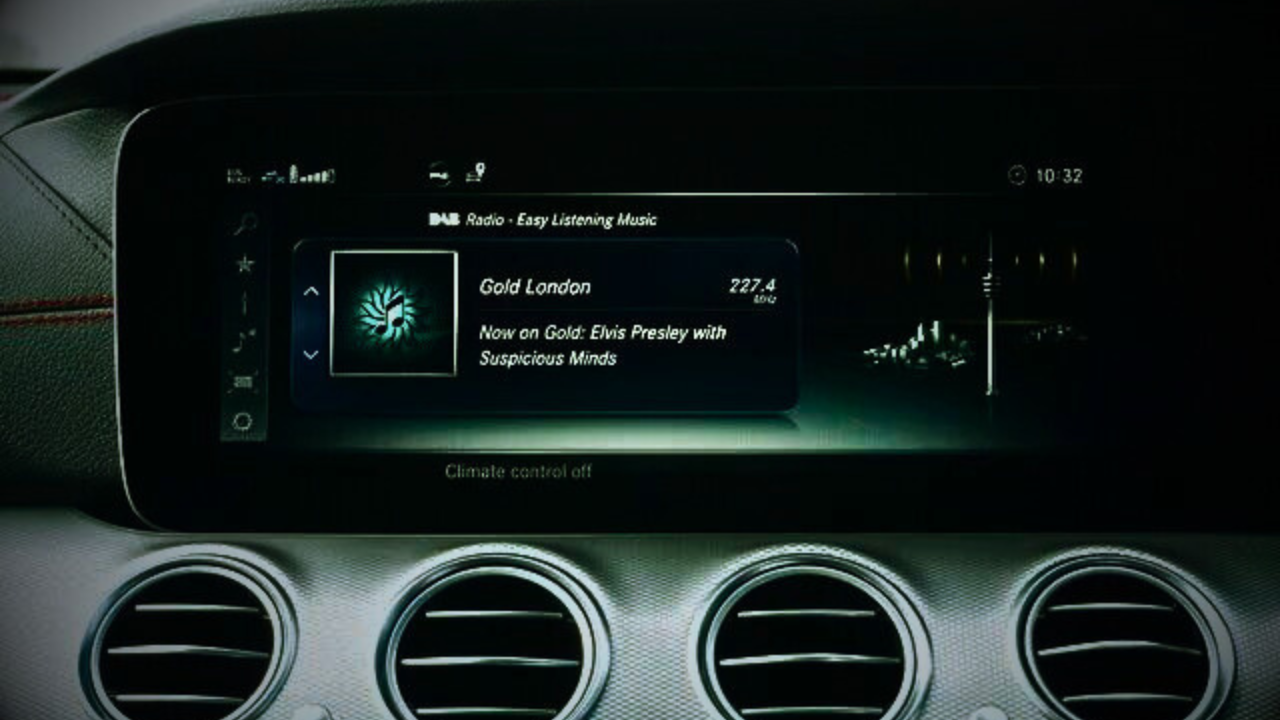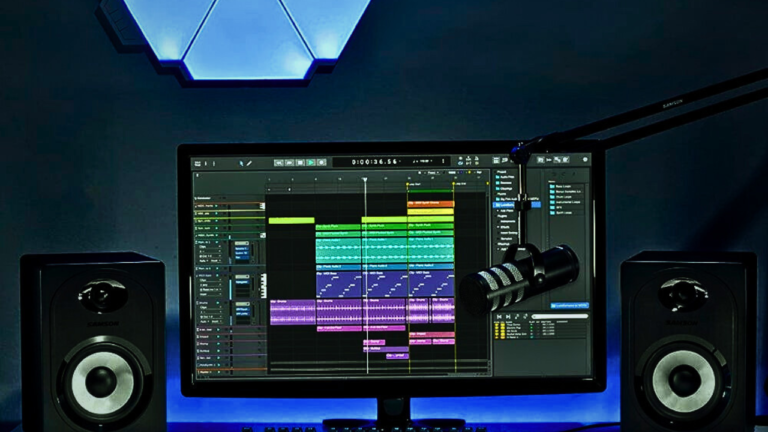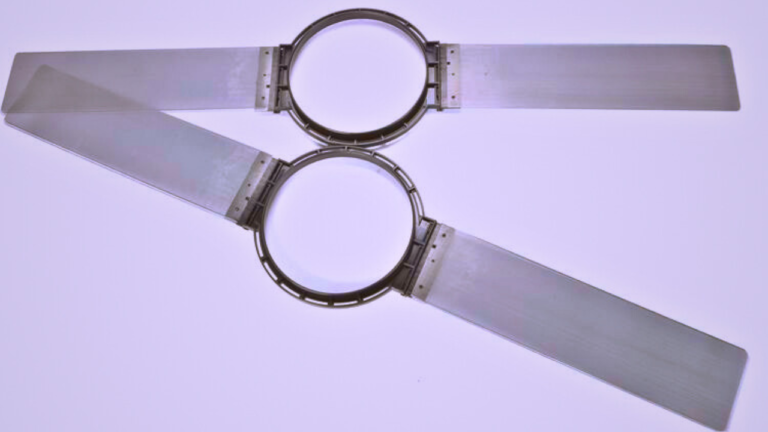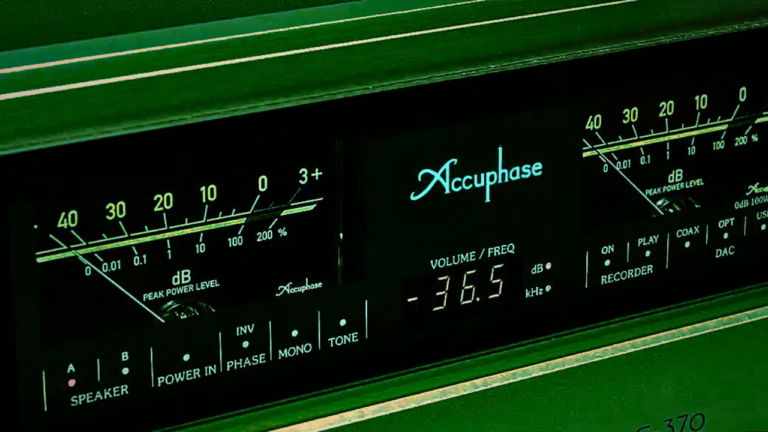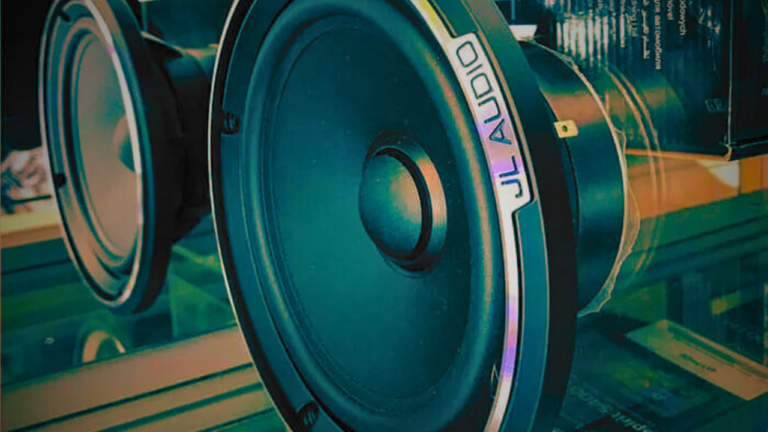How Long Do Car Speakers Last?
Got a sweet ride and love blasting your favorite tunes during long drives? Whether you’re a professional audiophile or someone who simply enjoys the sound, understanding the lifespan of car speakers can be essential. How long do car speakers actually last? Well, that’s a great question and one that we’re about to tackle in this informative and engaging article.
Understanding the Lifespan of Car Speakers
The longevity of car speakers relies on several factors: the quality of the speaker, how often they’re used, the volume level they typically play at, and even the genre of music you regularly listen to! As a rule of thumb, you may expect a quality pair of car speakers to last somewhere between 5 and 7 years, but that isn’t always set in stone.
“A quality pair of car speakers can easily last 5-7 years, but ultimately, their lifespan is influenced by a myriad of variables, each playing their own part.”
Let’s break down some of these factors and explain how each contributes to the lifespan of your car speakers.
- Quality: Like most things in life, you get what you pay for. Investing in superior-quality speakers will more likely assure a longer lifespan.
- Usage: The more you use your speakers, the sooner they will wear out. It’s basic math!
- Volume Level: Frequently playing music at high volumes can place significant stress on the speaker components, leading to potential damage and a shorter lifespan.
- Genre: Surprising to some, but the type of music you listen to can affect speaker longevity. For instance, genres with a lot of bass (like hip-hop or heavy metal) can place additional stress on the speakers.
Are certain brands known for producing longer-lasting car speakers?
Yes, the brand of car speakers can significantly influence how long they last. Just as some vehicle manufacturers are renowned for reliability, some audio companies have built reputations for producing high-quality, durable speakers. In the world of car audio, brands like JBL, Pioneer, Kenwood, and Alpine often come highly recommended for their durability and sound quality.
That said, it’s critical to understand that longevity isn’t solely about the brand; other factors like the model, material quality, and even the installation method can impact durability. More premium models from these manufacturers, for instance, often use tougher materials and more advanced construction techniques that stand the test of time better. Here are a few specifics to consider when choosing a durable speaker brand:
- JBL: Renowned for their high-quality speakers that feature patented technologies, JBL speakers are among the most durable on the market. Their patented Plus OneTM technology extends the cone further than other speakers, resulting in higher sensitivity and lower distortion.
- Pioneer: Pioneer car speakers are known for their strength and durability, often boasting a multi-layer Mica Matrix cone design for a wider dispersion of sound with deeper bass.
- Kenwood: Kenwood is praised for producing robust speakers that resist wear and tear. Their speakers are known to provide reliable, clear, and full-bodied sound throughout their lifespan.
- Alpine: Along with an impressive reputation for sound quality, Alpine speakers are recognized for their durability. They often feature components like high-density polymer frames and rubber surrounds for long-lasting performance.
Yet, remember that these brand recommendations are, of course, not exhaustive, and many other companies make excellent, long-lasting car speakers. It’s all about researching, reading reviews, and selecting a speaker that meets your individual needs and budget.
How does the quality of audio files played affect the longevity of car speakers?
Indeed, the quality of audio files you play can have a significant impact on the longevity of your car speakers. This might sound surprising, but let’s dive a bit deeper to understand why and how.
Highly compressed audio files, such as MP3s, often lack the depth and nuance of less compressed formats like WAV or FLAC files. These compressed files essentially strip out a lot of the data that defines the authenticity of the sound. When these are played, your speakers tend to work harder to reproduce the sound accurately, which may cause undue stress on them over time.
If you’re all about audio quality and want to keep your speakers in tip-top shape, we recommend using lossless audio file formats and high-quality streaming options when possible. These provide a richer, more detailed sound for your speakers to reproduce, which not only protects them from strain but also enhances your listening experience.
Here’s a basic comparison of different file formats:
| File Format | Description | Impact on Speaker Longevity |
|---|---|---|
| MP3 | Compressed file format that may lose some audio quality | Possible higher strain on speakers due to lack of data |
| WAV / FLAC | Lossless formats preserve the full quality of the original audio | Less strain on speakers; enhanced audio experience |
| Streaming (low quality) | Lower-quality streams can have similar issues to MP3s | Potentially increased stress on speakers |
| Streaming (high quality) | High-quality streams offer much better, less compressed audio | Providing the optimal blend of longevity and audio experience |
In summary, the quality of the audio files you play ultimately contributes to the lifespan of your car speakers. Thus, it’s not just about cranking up the volume; it’s also about what you are playing.
Read also: Why Are Line Array Speakers So Expensive?
What are the common signs that car speakers are nearing the end of their lifespan?

As car speakers start to age, certain signs and symptoms can indicate they may be nearing the end of their lifespan. Recognizing these early indicators can help you avoid having poor sound quality or, worse, speakers that stop working altogether. Let’s delve into some of these common signs.
- Deteriorating Sound Quality: One of the most obvious signs is a drop in sound quality. This might mean noises are more muffled, the bass isn’t as deep, or the treble isn’t as crisp. If you find yourself constantly adjusting the equalizer settings to get good sound, it might be a sign that your speakers are wearing out.
- Distortion at High Volumes: When the speakers start to degrade, you may notice that sound becomes distorted or fuzzy when the volume is cranked up. This distortion could either be because of a worn-out speaker coil or the deterioration of the speaker cone.
- Lack of Vibration: Speakers operate by turning electrical energy into mechanical energy, which produces sound waves through vibration. If your car speakers are not vibrating or the vibration is significantly diminished, it can be an indication that they’re on their last legs.
- Intermittent Sound Output: Another sign of aging car speakers is inconsistent or intermittent sound output. If your speakers cut out or fade in and out without any apparent reason, it’s likely an indication that they’re nearing the end of their lifespan.
Remember, not all of these signs necessarily mean your speakers are about to give up the ghost. Sometimes, these issues can be caused by poor wiring or a blown fuse. However, if you’re experiencing these symptoms and have ruled out other potential issues, it may be time to consider replacing your car speakers. Always trust your ears; if it doesn’t sound right, it probably isn’t.
Are there any maintenance tips to extend the lifespan of car speakers?
Indeed, there are several maintenance practices that could help extend the lifespan of your car speakers. For a relatively small piece of equipment, it’s amazing how much of a difference a little TLC can make. Here, we’ll cover some effective tips to help keep your car’s audio system performing well for years to come.
- Clean regularly. Dust and dirt can gradually infiltrate your speakers and impede their function over time. So, it’s advisable to keep the surface of your speakers clean. However, be gentle and make sure not to harm the delicate parts. A soft, dry cloth will do the job.
- Volume control: Continually blasting music at full volume may overwork your speakers and lead to their premature failure. Instead, try to maintain a moderate volume level. Not only will this practice extend your speaker’s lifespan, but it’ll also improve your on-board experience.
- Avoid moisture: Speakers aren’t typically designed to handle moisture. Getting your speakers wet could lead to rust, which can drastically reduce their lifespan. So, it’s important to shield your speakers from rain, humidity, and any form of moisture. Likewise, don’t leave open drinks close by.
- Regular check-ups: Be it a faint buzzing sound or a significant lack in audio quality, sometimes the smallest signs can indicate a problem. Observing these signs and addressing them in a timely manner can save your speakers from severe, potentially irreversible damage.
Following these tips might seem like a lot of work at first, but they will become second nature over time. Remember, maintaining your car speakers does not only ensure great-quality audio over the years but also saves you the cost of regularly replacing faulty speakers. Tune in to these tips, and let the good times roll!
Conclusion
In conclusion, the lifespan of your car speakers greatly depends on several factors, including the quality of the installation, the type of music frequently played, the volume level, the quality of the audio files, and most importantly, how you take care of your speakers. While there isn’t a set expiration date on car speakers, typically, they can last anywhere from 5 to 7 years and potentially far longer if optimally maintained.
The key to extending the lifespan of your car speakers lies mainly in regular maintenance and sensible use. That includes keeping the volume at reasonable levels, regularly cleaning your speakers, protecting them from extreme temperatures, and using high-quality audio files.
Remember, no speaker, regardless of how high-end or durable it may be, is invincible. The little things that you do or neglect have a significant impact on how long your car speakers last. It’s all about embracing the best practices and avoiding the bad habits that could lead to premature speaker damage.
Lastly, don’t ignore any signs of wear and tear. If you notice any distortion, weak sounds, or any of the signs that we discussed earlier, it’s advisable to have your system checked by a professional. Replacing a failing speaker promptly can prevent further damage to your car’s sound system.
So here’s to many years of satisfying driving and listening experiences with your car speakers! Safe travels and happy listening!
Read also: How To Stop Buzzing In Car Speakers?
FAQs
What affects the lifespan of car speakers the most?
Several factors can influence the longevity of car speakers, including the quality of the sound files played, the overall quality and construction of the speakers, the environment they’re used in, and how they’re maintained.
Do louder volumes make car speakers wear out faster?
Yes, constantly playing audio at high volumes can cause excessive vibration and heat, potentially damaging the speaker components over time.
Does the type of music played affect the speaker’s lifespan?
Not necessarily. While some genres of music may cause more vibration than others, ultimately, it’s the quality of the audio file and the volume at which it’s played that contribute more to a speaker’s wear and tear.
Can weather conditions affect car speakers?
Yes. Extended exposure to extreme temperatures can cause materials in the speakers to expand, contract, or degrade, potentially shortening their lifespan.
Are aftermarket speakers more durable than factory-installed speakers?
Not always. The durability of speakers depends more on their quality and construction than on whether they’re factory-installed or aftermarket.
How often should car speakers be replaced?
There isn’t a set timeline; rather, it depends on the signs of wear and tear. Frequent distortion or lower sound quality can be indications that your speakers are ready for replacement.
Can regular cleaning prolong the life of car speakers?
Definitely. Removing dust and debris can prevent abrasion on the speaker materials, potentially extending their lifespan.
What’s the best way to clean car speakers?
A soft, dry cloth can be used to gently wipe away dust and debris. For the more inaccessible parts, a can of compressed air can be useful.
Are there specific brands known for longer-lasting speakers?
While some brands are reputed for high-quality speakers, longevity largely depends on the individual speaker model, the way it’s used, and how it’s maintained.
Can a professional installation make car speakers last longer?
Yes. A professional installation ensures that the speakers are correctly set up, which can prevent damage and potentially increase their lifespan.

Hey there! I’m Henry Jack, the voice behind speakerrealm.com, your ultimate destination for everything speakers. Whether you’re a seasoned audio enthusiast or just starting to explore the world of sound, you’ve come to the right place.
At Speaker Realm, I dive deep into the realm of speakers, bringing you comprehensive reviews, insightful guides, and the latest trends in the industry. From floor-standing behemoths to compact bookshelf wonders, I cover it all.
I’m passionate about helping you find the perfect speakers to elevate your audio experience. Whether you’re setting up a home theater, upgrading your sound system, or just looking for some quality audio gear, I’ve got you covered.
But Speaker Realm isn’t just about technical specs and performance metrics—it’s also about the art and science of sound. I explore topics like acoustic design, speaker technology, and the impact of audio on our lives.
So whether you’re a casual listener or a hardcore audiophile, join me on this journey through the world of speakers. Let’s turn up the volume and explore the endless possibilities of sound together at speakerrealm.com!
